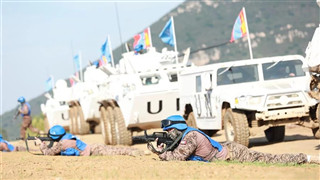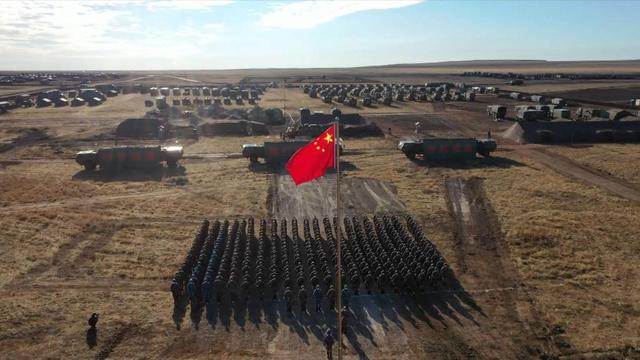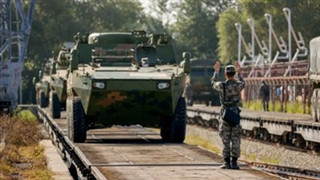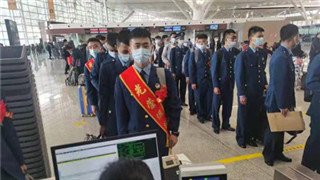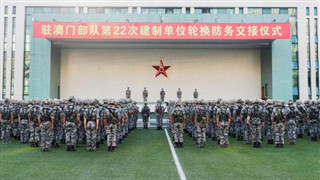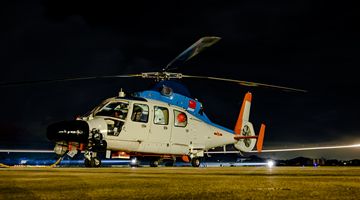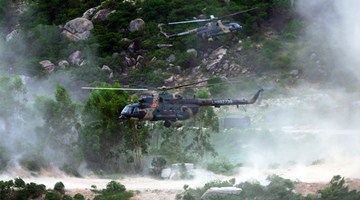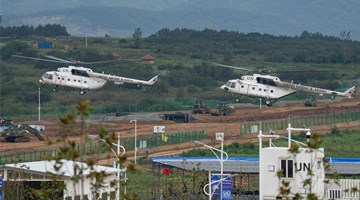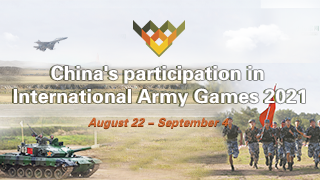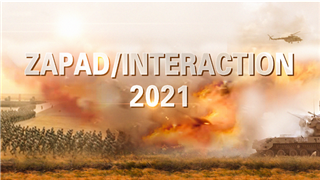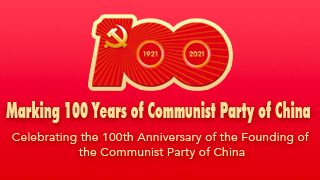By Huang Panyue and Wang Xinjuan
Across the 30 years from 1990 to 2020, the international situation has undergone constant changes, which inevitably leads to changes in UN peacekeeping missions. Meanwhile, China’s participation in UN peacekeeping operations has been increasingly going deeper.
What changes has China undergone in its role in UN peacekeeping operations over the past 30 years?
Lu Jianxin: The year 1990 marked an epoch-making juncture in the history of UN peacekeeping. Before that, armed forces mainly played a traditional role in UN peacekeeping operations—namely, ceasefire monitoring, which was relatively simple.
After the Cold War ended in the 1990s, the international situation underwent profound changes. One major change was that intra-state conflicts replaced state-to-state conflicts to become the mainstream, resulting in massive infringement of human rights of civilians and sometimes even large-scale humanitarian crises.
Catering to changes in the international situation and new demands of peacekeeping, the functions of international peacekeeping operations underwent profound changes accordingly.
As a result, the UN peacekeeping operations began to take up more complicated, diversified responsibilities, such as maintaining peace for elections, restoring law and order, promoting reform in the field of security, protecting civilians and human rights, and carrying out humanitarian assistances.
In the 1990s, China dispatched a small amount of military observers to participate in UN peacekeeping operations. Considering their duties, those military observers were the first peacekeepers dispatched by China. Their main responsibilities were monitoring ceasefires. Once relevant parties violated ceasefire agreements, they needed to record such violations and report them to relevant UN authorities. During their missions, military observers were not allowed to carry weapons, so they couldn’t play a significant role in protecting civilians.
Since the beginning of the 21st century, Chinese military have participated in more and more types of UN peacekeeping operations in an increasingly deeper degree. At first, most Chinese peacekeeping forces were logistics contingents, such as engineers, medical care and transportation.
As civilian protection becomes an increasingly important duty of the UN, China sent its first peacekeeping guard unit to Mali in 2013, and then dispatched an infantry battalion to South Sudan in 2015. Those Chinese peacekeepers were allowed to carry light weapons and conduct armed patrols to protect the lives of civilians.
Chinese peacekeepers are performing increasingly diverse tasks in UN peacekeeping operations. They have grown from a supporting force in the beginning to a main peacekeeping force in the world. Once the UN needs, Chinese peacekeepers are ready to play a greater role in all aspects.
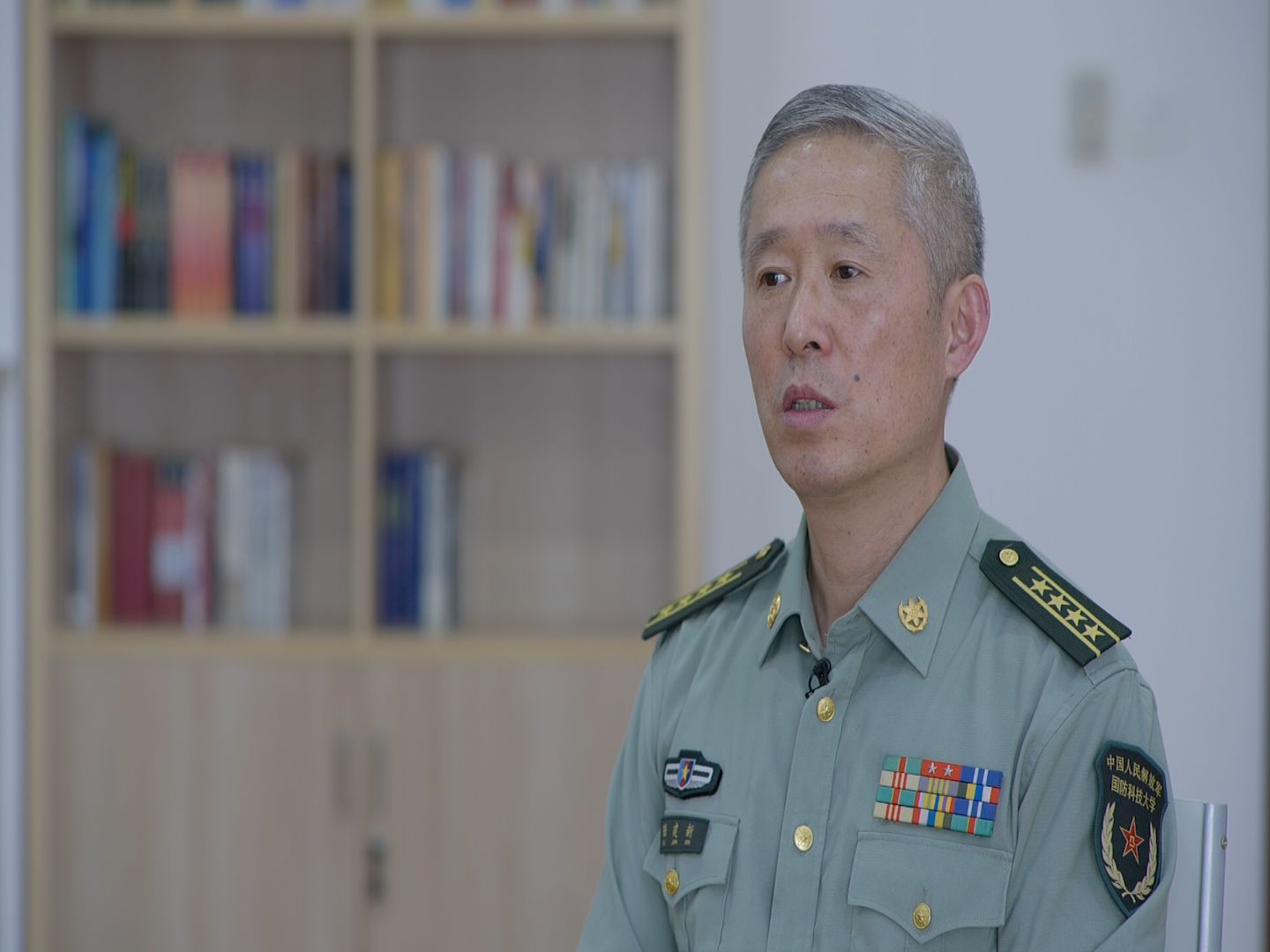
(Senior Colonel Lu Jianxin is a professor at the College of International Studies, National University of Defense Technology, and a senior instructor at the Peacekeeping Center of the Ministry of National Defense. He has participated in peacekeeping missions three times in Western Sahara, the Middle East and Darfur.)
What are the major challenges faced by current peacekeeping operations?
Cai Hui: First, as we all know, the UN adopts a collective security mechanism, especially the principle of consensus among major countries. This requires all countries to build consensus under the banner of the UN Security Council.
However, the current international situation may make it hard for major countries to reach consensus on some specific issues. This has brought tremendous difficulties and challenges to peacekeeping missions.
The second point is related to the nature and tasks of current peacekeeping operations. In contrast with traditional peacekeeping operations, today’s peacekeeping has no longer been confined to tasks such as ceasefire monitoring and conflict isolation, but diversified into various fields including humanitarian relief, restoration and reconstruction of law-based society, and civilian protection. This puts forward higher requirements for personnel, equipment and quality of UN peacekeeping operations.
As we all know, the UN itself hasn’t many resources, and most peacekeeping forces and funds it needs are provided by its member states. However, those resources are limited, and the UN needs to use them efficiently, with focus on its key peacekeeping tasks.
Today, a major challenge faced by UN peacekeeping operations is the contradiction between limited resources and tough tasks to be fulfilled. In this context, China proposes the UN constantly strengthen and deepen peacekeeping partnerships. All peacekeeper-contributing countries and the Secretariat of the UN Security Council should strengthen solidarity and cooperation.
Meanwhile, UN peacekeeping missions shouldn’t take on all things, but should promote cooperation and responsibility division in regional and sub-regional peacekeeping operations, so as to better safeguard world peace and regional stability.
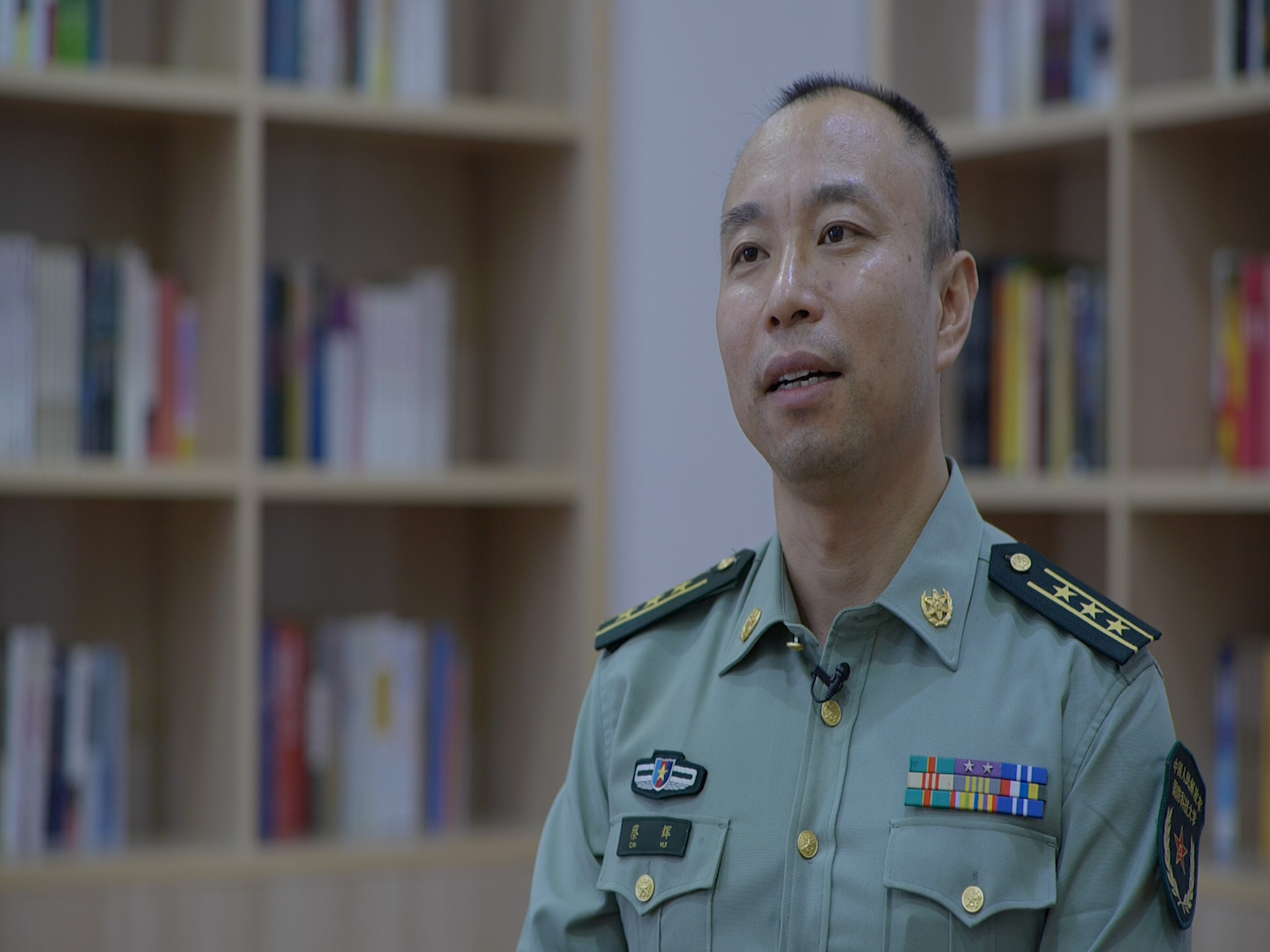
(Colonel Cai Hui is an associate professor at the College of International Studies, National University of Defense Technology, and a senior instructor at the Peacekeeping Center of the Ministry of National Defense. He has participated in peacekeeping missions four times in the Democratic Republic of the Congo and Mali.)
